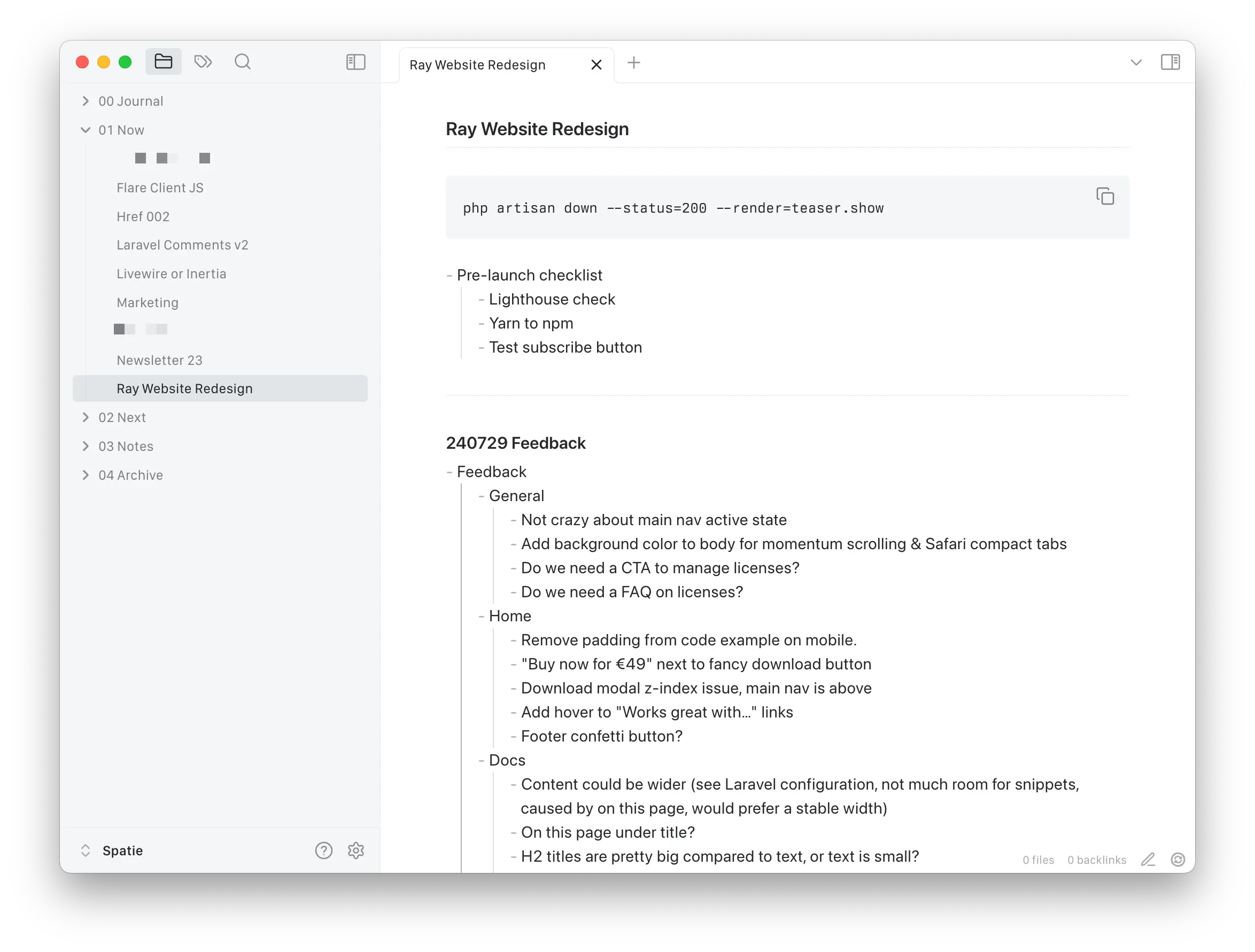After burning through Evernote, Notion, Apple Notes, and about 12 other apps, I finally found something that doesn't suck. Obsidian launched in 2020 and fixed what drove me crazy about every other app: they all treat notes like isolated documents when your brain works by connecting everything.
Your Notes, Your Files, Your Rules

Here's what sold me: Obsidian stores everything as Markdown files on your computer. Not in some proprietary database that holds your thoughts hostage. Not in the cloud where they can disappear if a company goes under. Just plain text files you can open with any editor.
When I type [[Philosophy]] in a note about Descartes, Obsidian automatically creates a bidirectional link. Now my Descartes note shows up when I'm looking at philosophy, and vice versa. It's stupidly simple but somehow every other app fucks this up.
Privacy That Actually Works
I got burned by Evernote's security breaches and Notion's server outages. The final straw was Notion being down for 4 hours during a client presentation. With Notion and Roam, your thoughts live on someone else's computer. With Obsidian, they live on yours. No servers to get hacked, no companies reading your notes to train AI models, no surprise policy changes.
The privacy policy is refreshingly simple: "All data is saved locally on your device and is never sent to our servers." Obsidian's approach to reducing supply chain attack risks shows they actually think about security instead of just checking compliance boxes.
The offline-first design means I can work on a plane, in a basement, or during that inevitable internet outage. Meanwhile, my colleagues are staring at "No connection" error messages in their cloud apps. The sync service costs $4/month if you want it, but Dropbox works fine for free if you're not editing the same note on multiple devices at once.
The Plugin Ecosystem That Doesn't Suck

Most apps give you what they think you need. Obsidian gives you a platform and lets the community build what actually works. There are over 2,600 plugins because devs can actually build stuff instead of filing feature requests that die in some company's Jira backlog.
Dataview lets me query my notes like a database. Templater automates the tedious stuff. The Calendar plugin gives me daily notes without the bloat of a full calendar app. Kanban boards handle project management without forcing me into another app.
The API docs actually make sense, unlike most apps. The community plugins directory has proper code review, unlike browser extensions that are basically "ship it and see what breaks." When plugins do break with updates (and they will), the developer community usually fixes them within days.
The difference is modularity. I can add what I need and ignore the rest. Compare that to Notion, where you get databases whether you want them or not, or Apple Notes, where you get... well, not much of anything.

